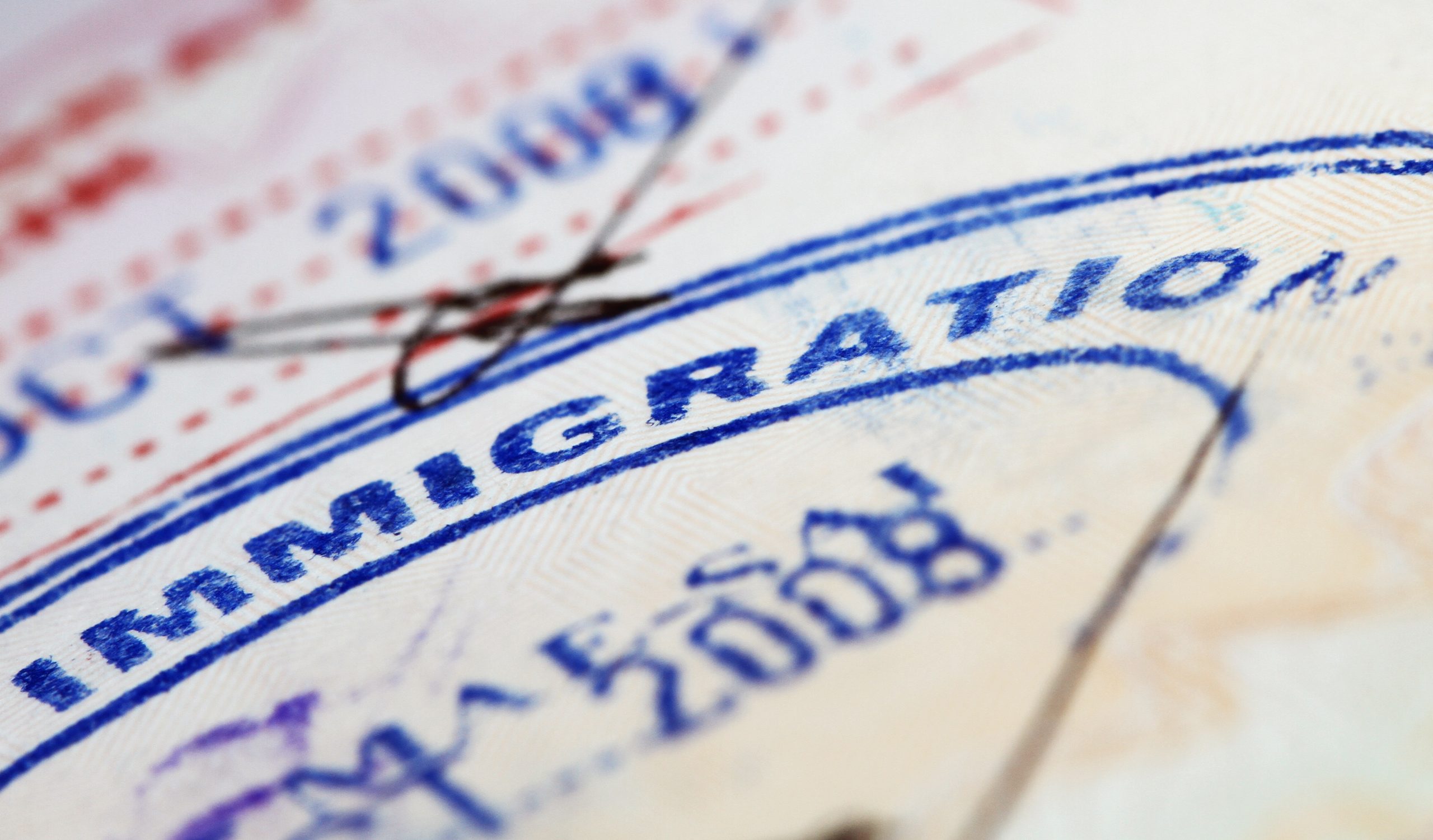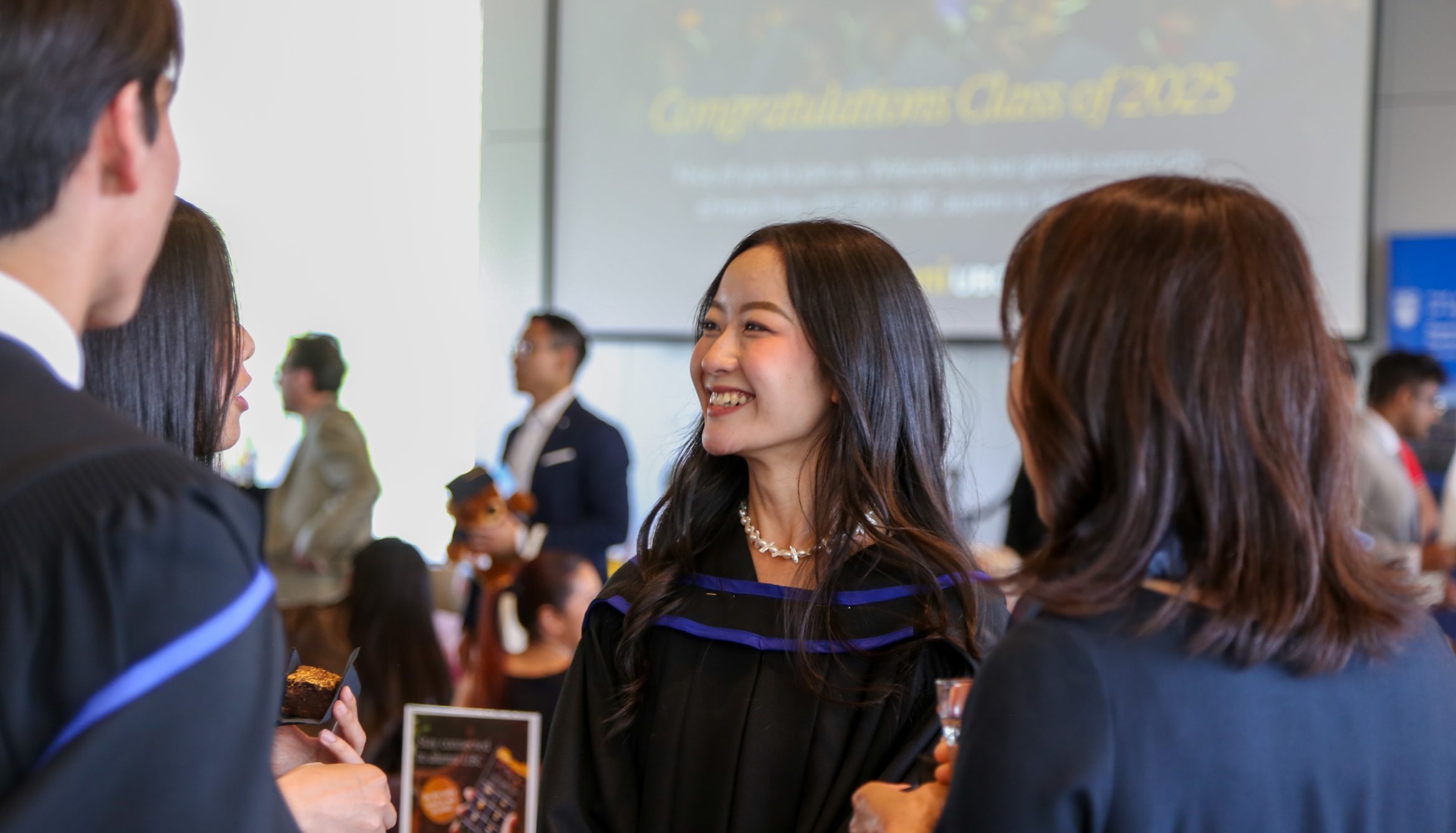In a new article in PS: Political Science and Politics, entitled “The Role of Social Group Membership on Classroom Participation”, UBC Political Science PhD Candidates Şule Yaylaci and Edana Beauvais analyze how social group membership influences classroom participation, and offer strategies for how instructors may increase student participation in the classroom.
The abstract:
Active and cooperative learning is integral to many social science classes, as it increases student motivation, improves communication skills, and stimulates creative thinking. Many political science departments break large lectures down into smaller, weekly tutorial groups to foster active learning. But do all students participate equally in active, participatory learning? We use an original dataset measuring self-reported participation and a number of important predictors (student gender, race, and language proficiency) collected from 700 undergraduate students in 91 political science tutorials. We find that participation does vary across social groups, even when controlling for psychological and some contextual factors. Female students participate significantly less than males, racial minorities report speaking less frequently than white students, and students with lower English-proficiency (the language of instruction) also participate less. In light of these findings, we offer suggestions for instructors on how to motivate all students to find their voice in the classroom.
Click Here to view the full article




Edana Beauvais is a PhD candidate in UBC’s Department of Political Science, majoring in political theory and Canadian politics. Broadly speaking, Edana is interested in the way that social inequalities impact human psychology and shape communication, and what this means for using public deliberation to inform collective decision-making, and using active learning techniques in teaching political science.


